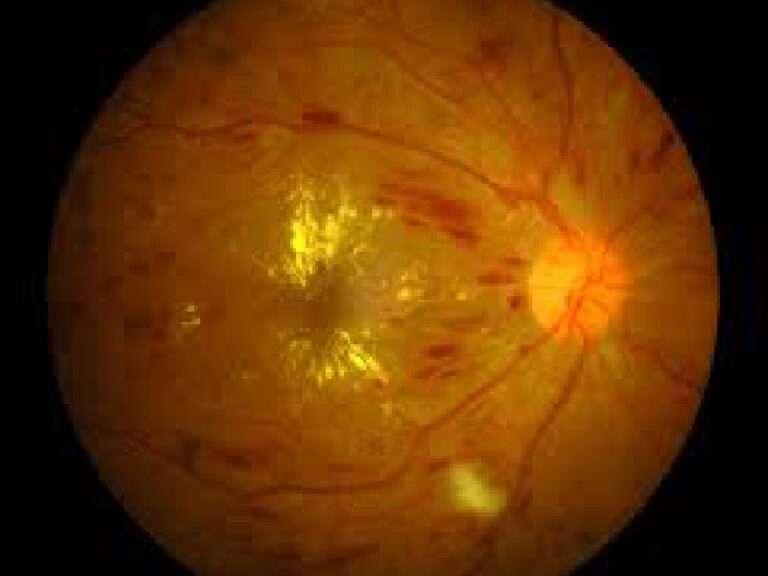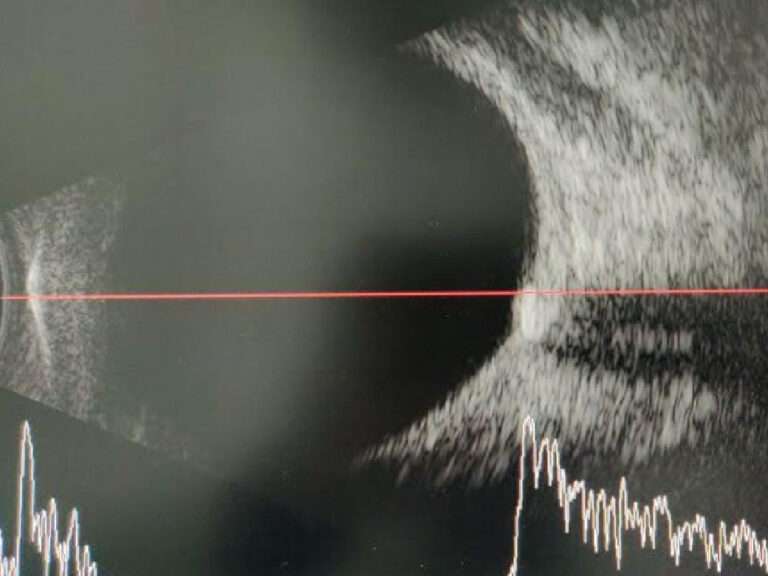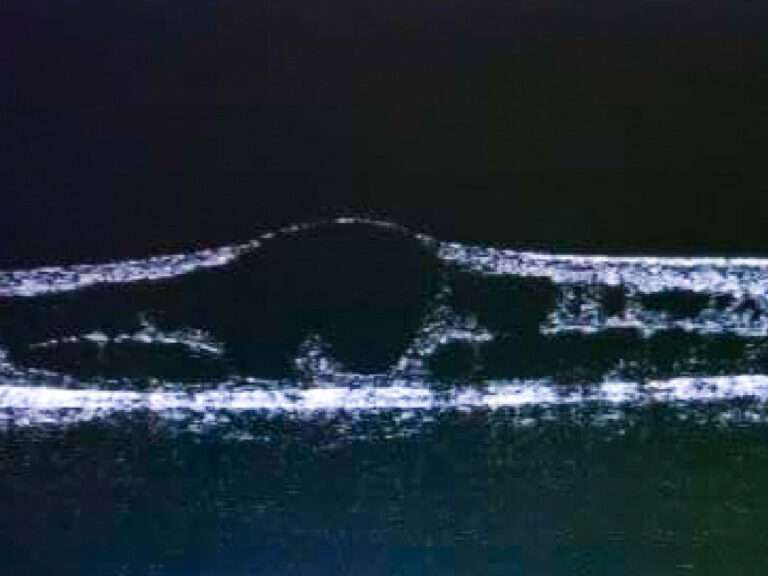
Retina
Q. What is the Retina?
A. The retina is a light-sensitive tissue that lines the back of the eye. It functions as the transmitter between the eye and brain where it converts light into neural signals.
Q. What are the common retinal problems?
A. Because of its importance and delicate nature, the retina has a vast range of diseases that it suffers from. The following are the commonly encountered retinal pathologies by ophthalmologists:
- Holes, Tears, and detachments – with increasing age, myopia, or injury to the eye, the retina tends to suffer from holes, tears, and detachments where either there is a separation between retinal layers or retina and choroid.
- Diabetic Retinopathy– with India becoming the capital of diabetes in the world, diabetic retinopathy cases have also risen where an individual may suffer from blindness due to increased blood sugar levels over a period of time
- Age-related macular degeneration (ARMD)–with increasing age, like any other body part, the retina also tends to deteriorate which affects the vision. Its progression can be slowed with the treatment under AREDS & AREDS 2
Q. How would I know if I am suffering from retinal problems?
A. Retina problems can be identified early if an individual is vigilant about the following symptoms
- Blurring of vision
- Peripheral vision loss
- Floater/ black spots like mosquitoes in the visual field – especially if they are increasing in number or size
- Visual field defects
- Flashes of light
- Curtain patterns like a drop in vision
- Cobwebs
Q. How will I be diagnosed if I have a retinal disease?
A. Along with the complete eye examination, an individual is subjected to fundoscopy following eye/pupil dilatation by the ophthalmologist. On suspecting any retinal disease, the individual undergoes sophisticated diagnostic tests
- Optical Coherence Tomography (OCT)
- Fundus Fluorescein Angiography (FFA)
- Indocyanine Green Angiography (ICG)
- Fundus Photography
- Fundus Autofluorescence
- Ultrasound (USG) A & B Scan
- Visual Field Testing
Q. What are treatment options?
A. Retinal diseases are never treated with straight forward approach, it has a very complex pathology that necessitates a protocol-based approach which includes but is not limited to retinal detachment surgery.
- Laser – To shrink the new abnormal retinal blood vessels or sealed the retinal holes and tears
- Intravitreal Injections– Anti-VEGF or steroids are injected intravitreally
- Cryopexy– the retinal tears or abnormal blood vessels are frozen
- Injection of air or special gas– to treat the retinal detachment
- Surgery (Vitrectomy)– replacing the vitreous (eye water jelly) with fluid
Q. Can I do something to protect and promote my retinal health?
A. Although retinal diseases can only be prevented if diagnosed early by regular eye examinations. As an individual, you can promote retinal health by modifying lifestyle habits.
- Eating Healthy
- Avoiding Smoking
- Regular Exercise
- Wearing Sunglasses







